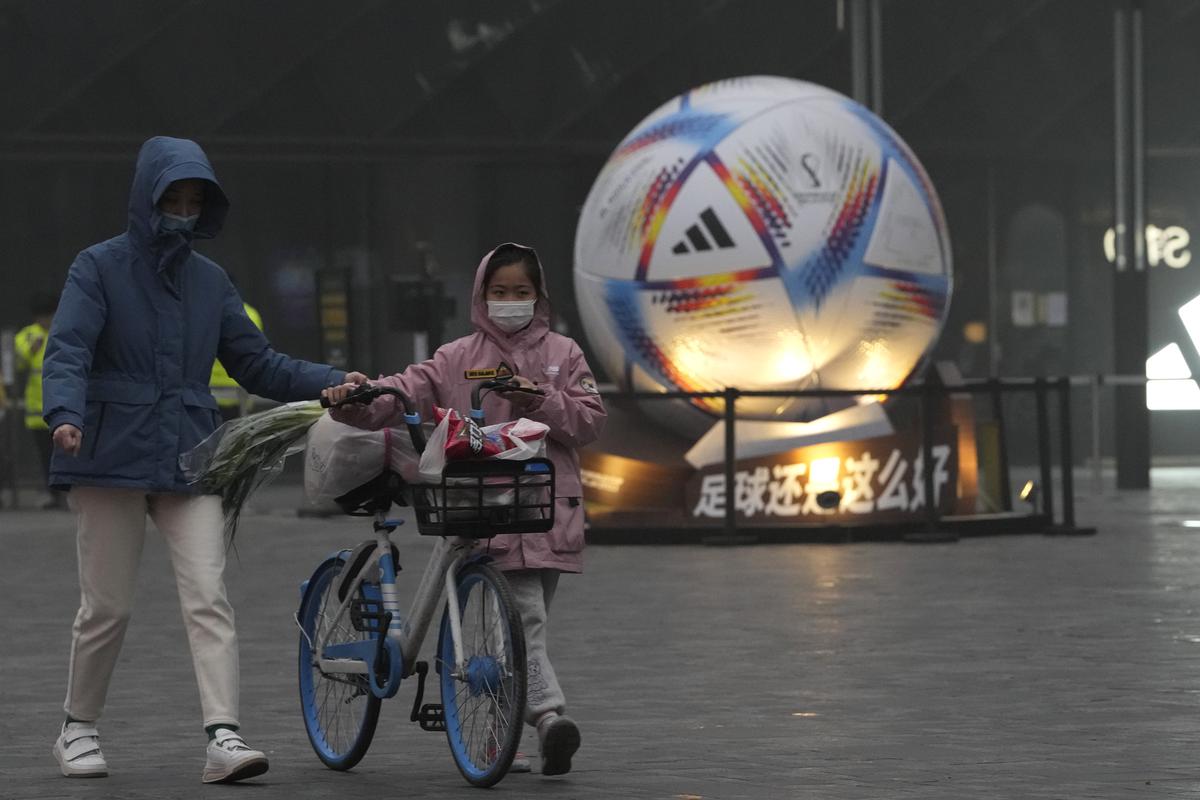
Watching cheering fans, China’s World Cup viewers question country’s COVID policy
The Hindu
Images from Qatar have painted a contrast to Chinese media propaganda that has continued to highlight COVID-19 deaths elsewhere in the world and chastised countries for living with the virus.
Millions of Chinese viewers who this week tuned in to watch the football World Cup in Qatar were given, what was for many, a surprising glimpse of life in rest of the world even as China continues to pursue a stringent COVID-19 policy.
Watching vast crowds of fans from around the world gathered in Qatar – most not wearing the masks that are still mandated in China – many viewers in China, a football-mad country, have taken to social media to ponder why their country still remains isolated from the world.
“The reality is only China and North Korea today are cut off from the rest of the world,” a Beijing-based businessman told The Hindu.
China on Wednesday reported more than 28,000 COVID-19 cases, amid a wave that has challenged the government’s “zero-COVID” strategy.
While authorities earlier this month announced 20 measures aimed at a more targeted approach and to avoid sweeping lockdowns, many cities across the country are currently facing partial lockdowns. The capital Beijing on Wednesday reported more than 1,000 “high risk” zones, referring to buildings where there had been positive cases and that were subsequently placed under lockdown.
On Tuesday, “an open letter” criticising the COVID-19 policy went viral on social messaging app WeChat before it was deleted, Agence France Presse reported.
“Some people are watching World Cup matches in person with no masks, some have been locked at home for a month, locked on campus for two months without even being able to step out the door,” the report quoted one commenter as saying. “Who has stolen my life? I won’t say,” wrote another. “The World Cup has allowed most Chinese people to see the real situation abroad, and worry about the economy of the motherland, and their own youth.













